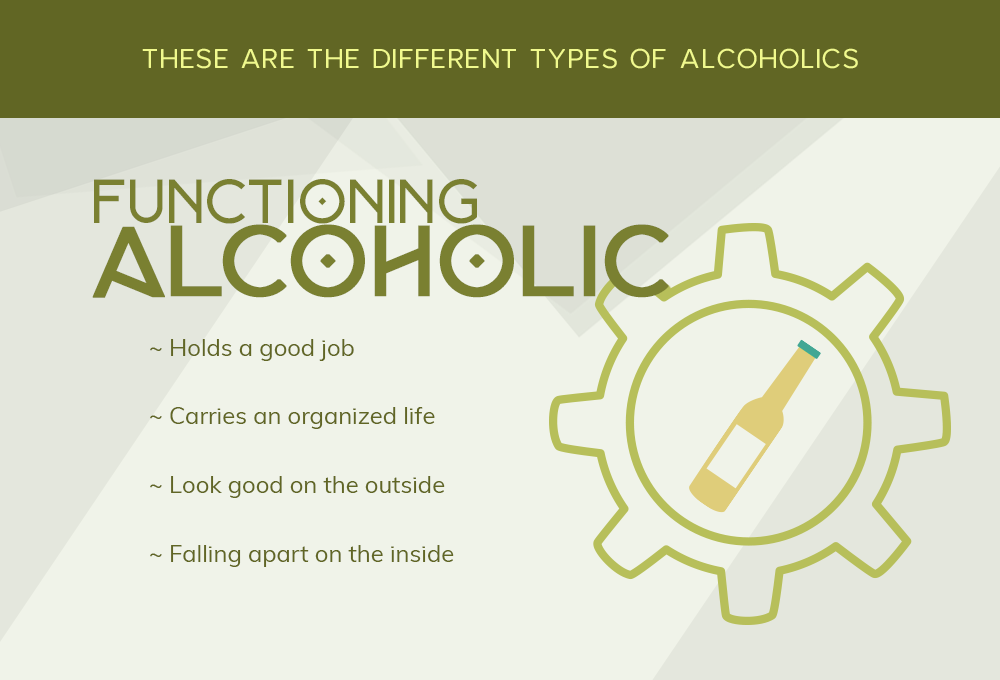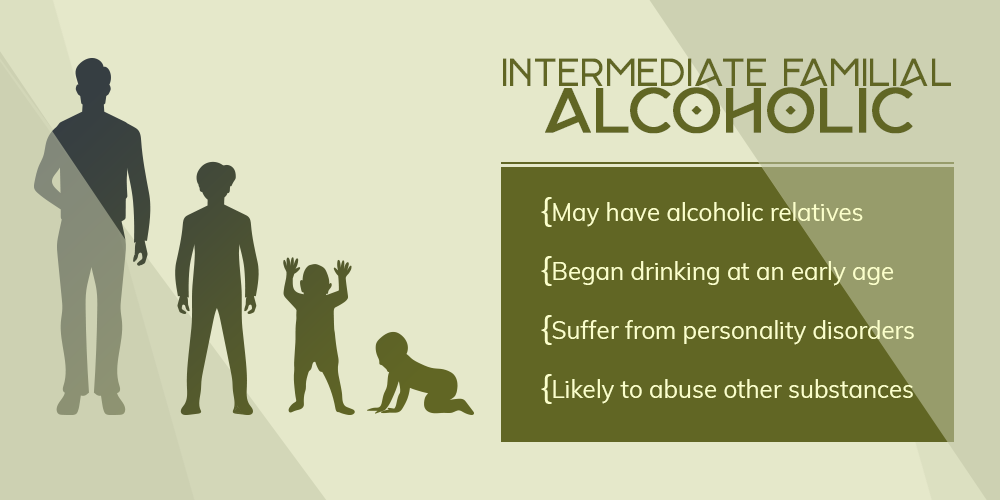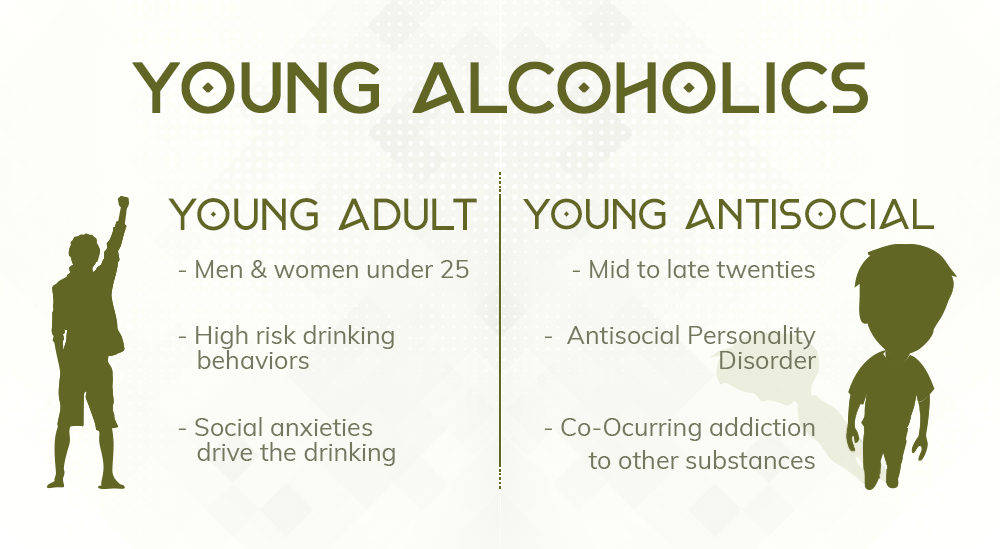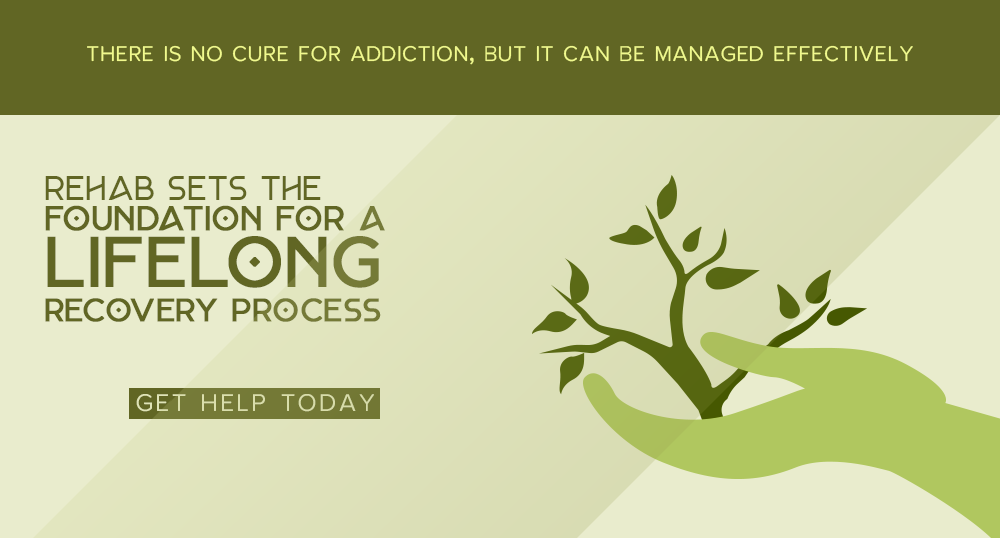Location
Our Washington Location
Our inpatient facility is located in Washington, and will serve Washington state. It will provide a safe & therapeutic environment for both our staff and patients.
- Edmonds
7416 212th St SW,
Edmonds, WA 98026
This may be the question you're asking yourself, in total disbelief. Honestly, you don't think it can be true. People tend to think that they aren't alcoholics just because they:
The fact is that you can appear to have your whole life together and still be an alcoholic. It happens to people all the time. Still, you want to know the answer to the question, how do I know if I am an alcoholic?. It might help you to take a look at the stereotype of an alcoholic. It can also help to look at the actual different subtypes of alcoholism. You may be surprised at what you learn.

There are so many stereotypes that surround alcoholism. When it comes down to it, the only thing these stereotypes do is enable denial. There are so many misconceptions about alcoholism, and they really only create barriers to treatment.
Some common stereotypes about alcoholism are listed below. Do you recognize any of these?
The fact is that alcoholism looks different in everyone. Could any of the above be an indicator of alcoholism? Yes. Is it always that way? No.
Let's look at the different subtypes of alcoholism. Do you fit into any of these categories?

Close to 20% of the alcoholics in America fall under this subtype. This is as far from the stereotypical alcoholic as you can get. Most functional alcoholics deny that they have a problem with alcohol at all. They are usually holding successful, high level positions. Many of them are doctors, lawyers, or they have executive jobs.
It can be easy to remain a functional alcoholic. On the outside, life looks good. On the inside, life is usually falling apart.

For those with this subtype of alcoholism, about half of them are from alcoholic families. Many of these instances span many generations. Also, a lot of these individuals also suffer from depression alongside alcoholism.
Those fitting this subtype are around 38 years old. They usually have good jobs.

Only about 9% of people in the U.S. fit into this subtype. These individuals are middle-aged, and they have been drinking for a long time. They rank highest for mental health issues and co-addictions. For most of them, alcoholism is a way of life. This is because many generations of their families have been alcoholics.

31% of alcoholics are in this subtype. This group of people drink much less than those in the other categories. However, they are frequent binge drinkers. Their families generally have low alcoholism rates. Still, their excessive drinking behaviors when they do drink classify them as alcoholics.
More than half of these individuals have been diagnosed with Antisocial Personality Disorder. They may be addicted to other substances besides alcohol. They could also be diagnosed with anxiety, depression, or another mental illness.
These individuals tend to be impulsive, irresponsible, and have recurring legal issues.
There are many different types of alcohol use, and it's important to differentiate between them. The first type is casual drinking.
Almost everyone participates in casual drinking. In fact, statistics show that more than half of Americans over the age of 12 drink alcohol. This translates into close to 140 million people who have consumed alcohol during the last month.
Of course, that does not mean that all of these individuals are alcoholics. It is possible to drink alcohol casually. Some examples of this include:
Casual drinking does need to be kept in check, but for the most part, it's harmless.
Alcohol abuse refers to the overuse of alcohol. When someone drinks alcohol in excess, even one time, it is called abuse. Even so, alcohol abuse should never be confused with alcoholism. These are two very different things.
Alcohol abuse can happen when someone drinks too much one time. It can even happen if someone drinks too much several times in a month. The difference is that with alcohol abuse, there isn't a compulsion to drink.
When someone is an alcoholic, they feel compelled to drink. They often think of drinking as just a part of an ordinary day. These individuals feel as though without alcohol, they're not themselves. They need alcohol in order to feel normal.
Alcoholism can be displayed in a variety of behaviors. It can be seen in the binge drinker who spends all weekend getting drunk. It can also be seen in the high level executive who needs alcohol before he gets out of bed.
The question is, how do you know if you're an alcoholic? You can answer this question by looking at some of your own drinking behaviors. Have you noticed any of the following?
If you notice any of these in your own life, you may be an alcoholic.
It's possible that you notice many of the above behaviors in your life. However, you're still not sure that alcoholism is really your problem. You seem to be in control of your drinking behaviors. You don't fit in with what you would consider an alcoholic to be like.
You're not alone if you feel this way. There is something else you can do. You can take an alcohol addiction quiz. This quiz will ask you a number of questions about your alcohol consumption, and your behaviors. Answer each question honestly. Once you're finished, you'll be directed to your results. They will tell you if you are an alcoholic in need of treatment.
If you do find that you're an alcoholic, don't put off getting the help you need. The best time to seek help is right now.

After going over the above information, it's possible that you recognize yourself as an alcoholic. You were asking, how do I know if I'm an alcoholic?, and now you have your answer. It's actually been there for a long time. Sometimes it's just hard for alcoholics to see the truth.
Even though you now realize you're an alcoholic, that doesn't mean you have to remain stuck. Quite often, people think that alcohol is going to control their lives forever. There is a way for you to regain control over your alcoholism and break free from that bondage. It begins with alcohol rehab.
Here at Northpoint Washington, we offer alcohol treatment for people who need it. We understand you may feel scared about the idea of professional treatment for alcoholism. Many people do. However, there is truly nothing for you to be nervous about. You'll receive excellent treatment right from the beginning. You'll learn so much about yourself and your relationship with alcohol. You'll also learn how you can live your life without it.
Are you curious about alcoholism treatment? If you are, we'd love to talk with you about your options. Please contact us.

Our admissions coordinators are here to help you get started with treatment the right way. They'll verify your health insurance, help set up travel arrangements, and make sure your transition into treatment is smooth and hassle-free.
[DirectNumber] Contact Us